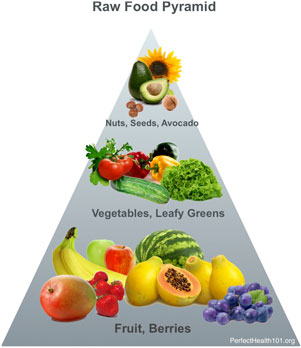10/09/2019 PRAYER and MEDITATION
PSALMS 19:14 Let the words of my mouth, and the meditations of my heart, be acceptable in thy sight, O LORD, my strength and my redeemer
[King James translation]
Prayer: Communicating with GOD.
Meditation: A profound and continuous contemplation, reflection or musing on a subject; a devotional act or exercise leading to contemplation and prayer.
Summary: The Psalms are actually songs of praise and prayer songs to GOD. Out of the 150 Psalms in the Book of Psalms, Psalms 19 is considered by many to be one of the greatest, if not the greatest, Psalm ever written. The British theologian, C. S. Lewis, who wrote The Lion, the Witch and the Wardrobe, which has been made into a major motion picture film series, called Psalm 19 “the greatest poem in the Psalter and one of the greatest lyrics in the world.” See, C. S. Lewis, Reflections on the Psalms, p. 63.
David, the second King of Israel, wrote Psalms 19. It is no accident that before David became King and leader of the people of Israel, David was a shepherd. The life of a shepherd was not only excellent training for David to become GOD’s under-shepherd to GOD’s people, it was also a lifestyle that allowed David to meditate and communicate with GOD.
The lifestyle of the shepherd was a lifestyle of thankless service. During Biblical times, most people considered shepherds near or at the bottom of the social order. In the Old Testament family, the youngest son (the least significant in the family hierarchy) or a hired servant was usually the one assigned the task of shepherding the sheep. The duties of the shepherd were many. The shepherd constantly watched over the sheep, cared for the sheep, fed and watered the sheep, slept with and monitored the sheep, risked his life to protect the sheep from predatory animals and was responsible for training the sheep (with the staff) so that they would not stray away or fall into danger. If a sheep went too far or wandered out of the circle of protection, the good shepherd would catch the stray sheep’s hind legs with the shepherd staff and bring it back (sometimes dragging) into the fold where it belonged. The good shepherd knew the name and character of each sheep. The sheep had the shepherd’s brand (from the branding rod) so there was no question “whose” the sheep was. The “rod” and “the staff” were there to “comfort” the sheep and the good shepherd used his tools wisely.
In his early years of training for service, there were also many days and nights that David could meditate on, sing about, think about, muse about, and communicate with GOD. Much like a person in a courtship, David spent countless hours thinking about GOD---he thought about how GOD was allowing him to witness GOD’s personal handiwork-- the heavens, the earth, the stars, the suns. (Psalms 19:1-6). David marveled at GOD’s consistency, as evidenced by the rotating seasons, and by the rising and setting of the sun. (Psalms 19:6). David thought about GOD’s commandments, HIS guidance, HIS justice and HIS DIVINE concern for HIS people. He thought about GOD’s ability to understand who we really are (even when we try to hide our sins). David reflected on GOD’s ability to transform us and clean us up when we go astray. (Psalms 19:7-13.) In Psalm 19, David marvels at his SHEPHERD---GOD. After meditating on all these things David ends his meditations in prayer, asking GOD to let the words of his song and all the meditations of his heart “be acceptable.” And, in final praise, reverence and awe of God, David, acknowledges GOD as his personal strength and redeemer. In Psalms 19, David lovingly praises God. In Psalms 19, David acknowledges “WHOSE” he is.


